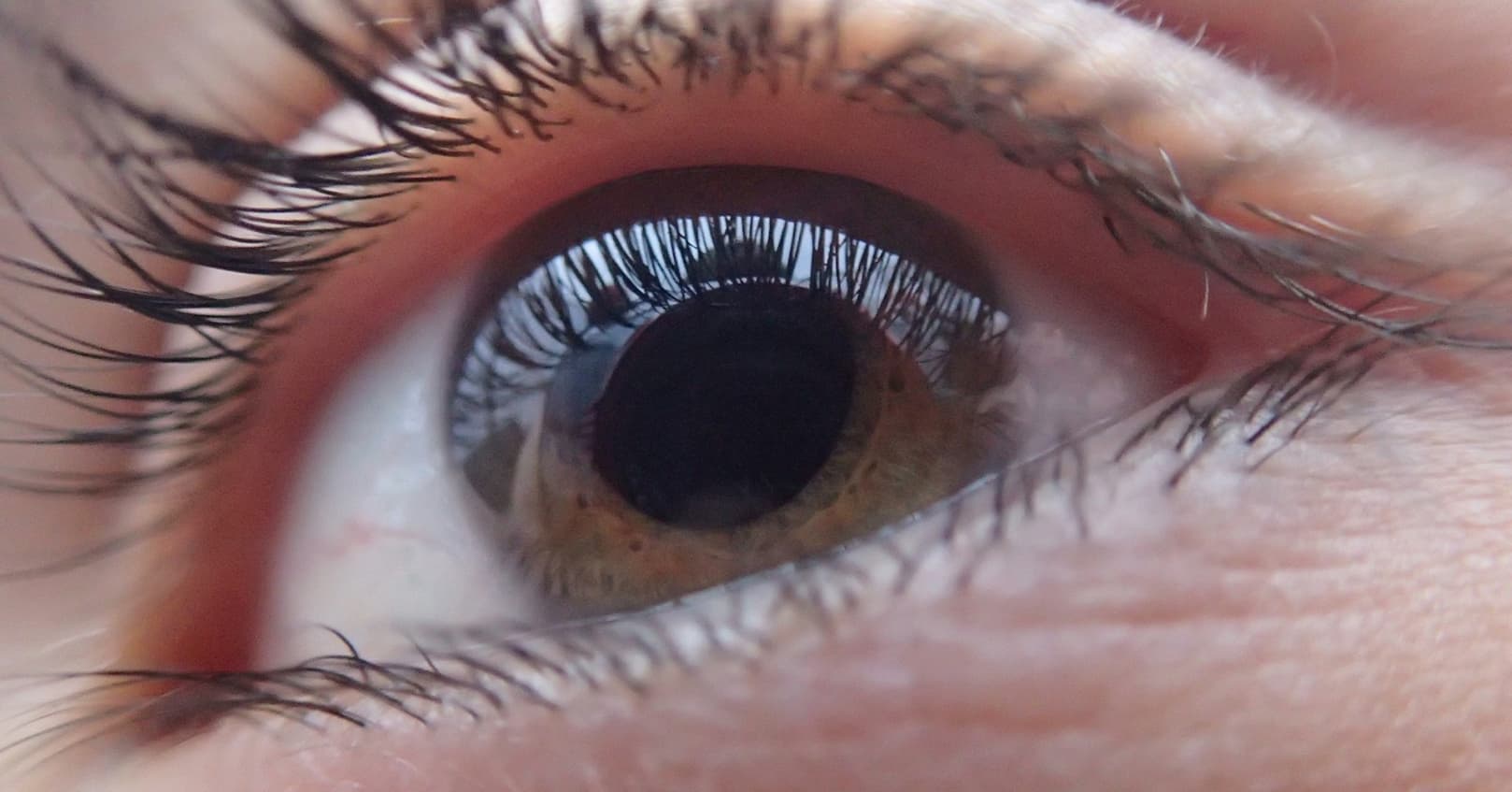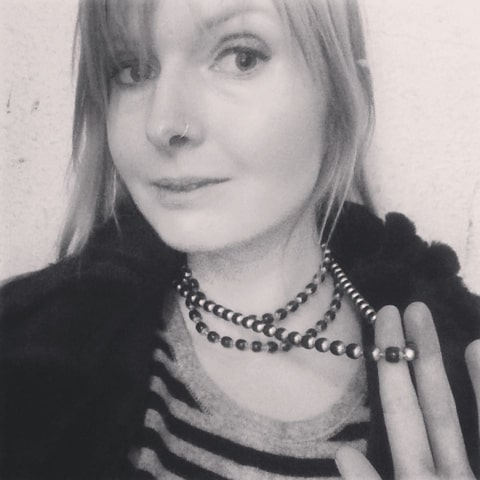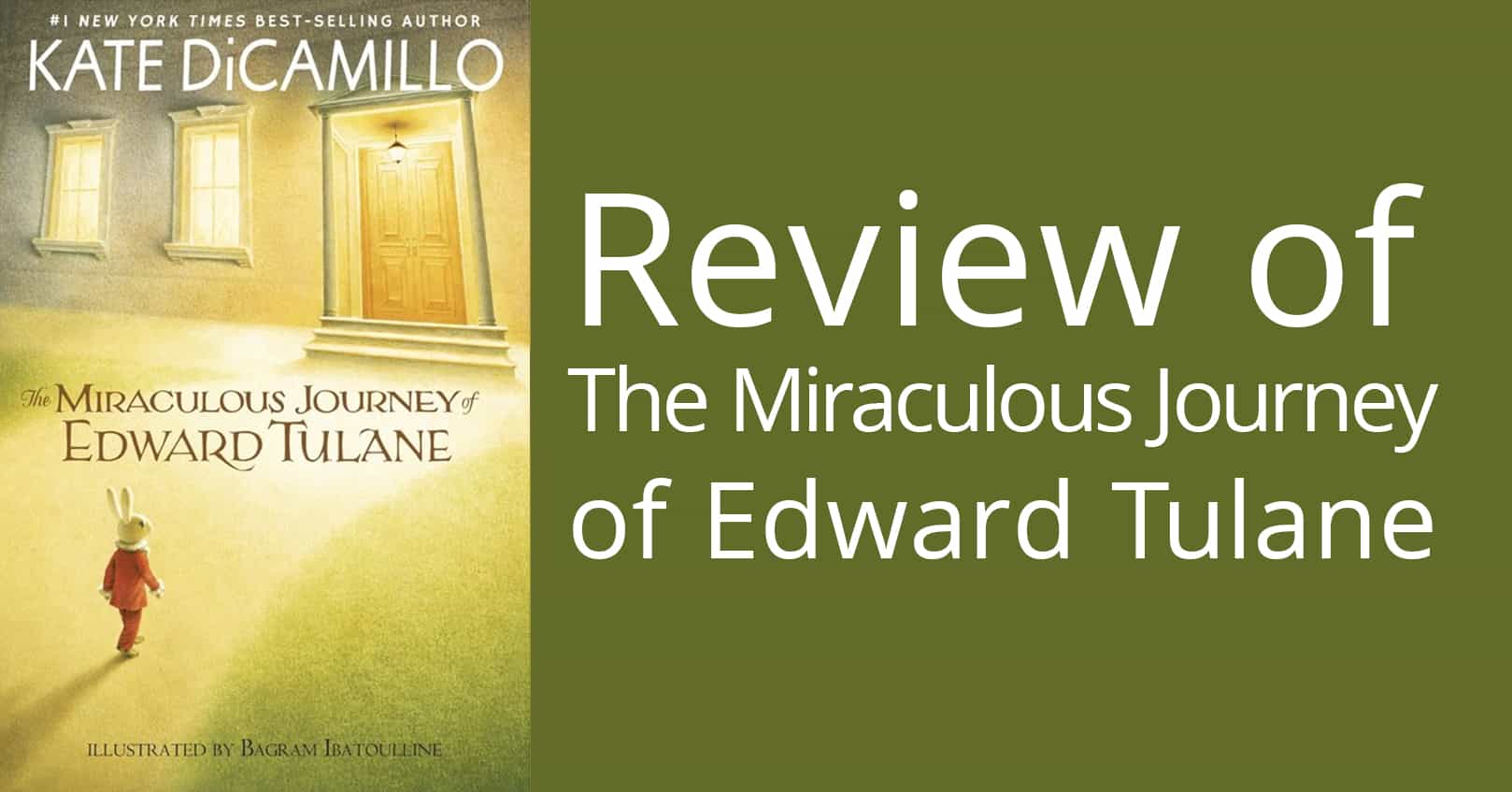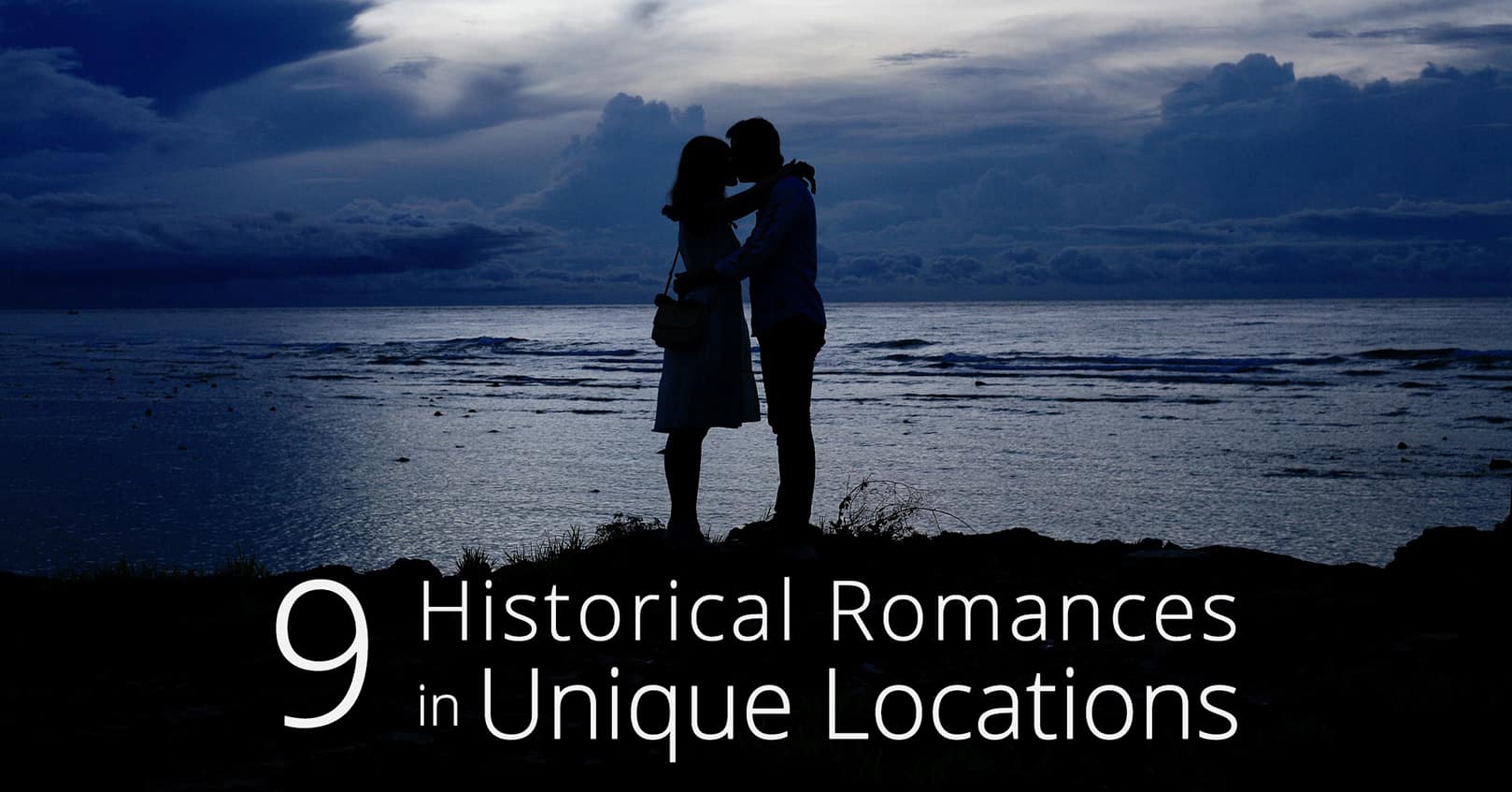
Intro: Hi, I’m Paul L Arvidson. I’ve written the #SFF series Dark. Thank you for having me on here.
So my #SFF series is set on a world that has no light. My idea was to have a set-up to see if characters can live thrive and survive on a world like that and still have adventures (spoiler: they can). But having finished it, it led some early readers to asking me “are they blind”? (Spoiler: there’s no light. It doesn’t matter if they are or not!) Which threw me into lots of discussions about this, where I quickly realised I was way out of my depth. So I tend to cast about among my learned and talented mates when I have a discussion like this, to garner some awesome and witty experts, who know a lot more about disability than I do.
My awesome and amazing friend today is writer of fantasy, history, and all things dark: Verity Holloway.
Verity Holloway’s Twitter profile says this about her: Wrote Pseudotooth, Beauty Secrets of the Martyrs, and The Mighty Healer. Rossettiphile. Will-o’-the-wisp. Marfans. Art, history, folklore, and bad medicine.
PLA: But let’s let her introduce herself properly first. What else do people need to know about you, Verity?
VH: Since we last spoke, I’ve become The Bionic Author. A new synthetic aortic root and one replacement coronary artery stolen from my thigh. I’m alive and happy but shattered. February is Marfan Syndrome Awareness Month, so be aware of me!
PLA: It’s now April. I’ll have to be double aware next year to make up for the amount of time it took me to get this out! Okay then, let’s pile in. Who is your favourite disabled #Sci-Fi or #Fantasy character of all time (can be books, films or other media)? Why?
VH: This is really hard! When I last answered this question, I got in a little bit of trouble for saying Gormenghast’s Steerpike because he’s . . . well, he’s awful, isn’t he? But awful makes for an engaging character, and I’ve loved Steerpike for years and years. From the start, his body is a disposable commodity there to be ground down and discarded. It’s that typical know-your-place industrial exploitation of the underclass, but Steerpike decides to go full Machiavelli and suck his oppressors dry. Love it.
PLA: He is great. I know Peake is a bit Marmite for some people, but you can’t knock Steerpike as a character. You can’t help rooting for him because everyone else is so awful too!
Okay, for me, I think I have a ‘love hate relationship’ with Oracle from Batman. She has a really good start as a disabled character and one of the coolest cartoon panel’s anywhere (include the ‘DON’T let the Chair Fool You’) but then she falls foul of the ‘I Got Better’ Trope. Let’s have a dive into that. What’s been your worst experience of watching or reading the ‘I got better trope’?
VH: I was a bit sad about Yennefer of Vengaberg in The Witcher on Netflix. You just never see people with scoliosis in a positive light—you’re always Richard III—and as there’s a lot of scoliosis in my family (it’s a Marfan thing) it touched a nerve when she was magically transformed. She’s a character with a lot of determination and disdain for convention, so I didn’t feel there was much excuse for changing her body like that beyond appealing to the male gaze, which is awfully boring. I haven’t read the books. Is it different in those?
PLA: This is terrible confession point: I’ve not done The Witcher yet at all in any format (book, game, or TV series), so I don’t know if the original authors handled it all better. What are the other worst tropey disasters that writers can fall into when casting a disabled character?
VH: Casting an able-bodied person. I’m being a little bit flippant—I do think acting is just that—but there’s such a pool of talent out there not being tapped. Look at Liz Carr in Silent Witness. She was able to advise the writers, to refuse to say any cringeworthy lines, because she has that life experience. You get a more truthful end product, and that has a knock-on effect into real life.
PLA: How do you think things have changed in the last ten years for disability in fiction?
VH: I’m seeing more disabled characters having realistic love lives. Love lives full stop. And disabled characters who don’t exist purely to show the protagonist’s virtue in putting up with them.
PLA: And how do you think the future looks, ‘cos imaging alternate realities is our jam, right?
VH: I want to see disability history delved into more, in an exciting, creative way. There are so many historical figures whose disabilities have been glossed over much in the same way LGBT figures have been ‘edited’. I’d like to see a more unflinching attitude to taboo subjects like freakshows, for example. I had ‘freak’ thrown at me as an insult for years before I knew there were so many freakshow performers in complete control over their lives, raking in money, showered with fan mail and proposals. But historians publishing work on the subject get emails from abled people telling them they shouldn’t be bringing any of this to light, that it’s disrespectful. What they mean is, “This makes me uncomfortable”. But more than that, I want characters with disabilities to show up all over the place. I don’t want it to be a quirk. Just another aspect of that person. When people say “Oh, don’t let your illness define you”, I’m always confused. Without Marfans, I would literally be another person. It’s just something you get on with, at all times. You don’t get a choice. And that’s how it should be in fiction. It’s the background music of your life, whatever else is going on.
PLA: So lastly and not leastly, what’s the coolest thing you’re working on right now, that you can tell us without having to kill us?
VH: I’m working with Boudicca Press on Disturbing The Body, an anthology of creative life writing by women writers. We’re thinking ‘speculative autobiography’ on the theme of bodies being disrupted, whether by disease, accident, childbirth, chronic illness, gender dysphoria, you name it, as wild and creative as you please. I’m contributing a piece about the morphine dreams I had after my heart surgery. We’ll be launching our Kickstarter in May, so please do check it out!
PLA: I’d like to say a huge thank you to the awesome Verity Holloway for being part of this, love you.
You can find Verity Holloways cool stuff here: verityholloway.com
Paul Arvidson’s SFF series Dark starts here: books2read.com/darkarvidson or at paularvidson.co.uk


















As a woman with disabilities writing main characters with disabilities in romance, this was beautiful to see —> “I’m seeing more disabled characters having realistic love lives. Love lives full stop. And disabled characters who don’t exist purely to show the protagonist’s virtue in putting up with them.” This has been my entire platform as an author with disabilities for over a dozen years, and there is still so much room for main characters with disabilities in ALL genres! Thank you for using your platform to bring the importance of representation for people with disabilities to the forefront.
As a wheelchair user, I found this an excellent, informative, and timely article, even though I write present day police procedural/mysteries, primarily. Thank you. However, I read widely: SF, fantasy, historical, and mysteries. Annoyingly, disabled and other diversity characters are rarely correctly portrayed in any media.
I’m writing about a queer/lesbian detective, whose intelligent teenage sister is deaf and a key player. In my debut novel, my two MCs were living with PTSD and with juvenile diabetes, respectively – a change from the reverting to drink trope. So, I attempt to be understanding of the misrepresented.
BTW, Yennefer in the Witcher novels is disabled and is transformed by magic – as in the Netflix series. The author Anrdzej Sapkowski was an advisor on the series.